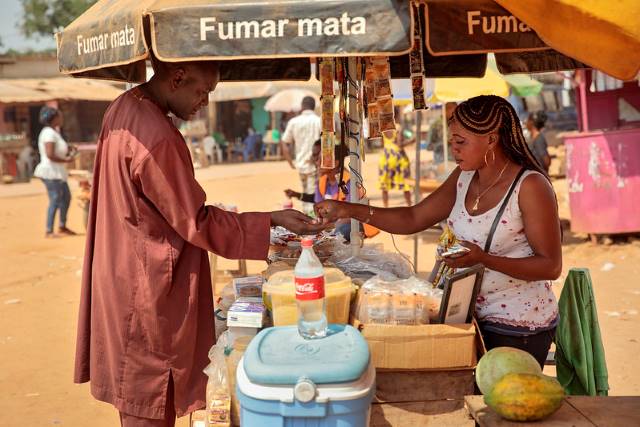Whenever the election season is at hand in any given country, a lot of uncertainties begin to arise. The people of a given nation wonder what next for their well-being as citizens, investors withhold making any risky decisions and most prefer waiting it out. Here in Kenya for example, the election season comes with a lot of propaganda, politics of the masses and pleasing their minds with various promises.
Kenyans have waited some weeks for confirmation on the recently concluded Aug 9th elections. Following a presidential petition and the tension around yesterday’s (5th September , 2022) Supreme court ruling.
Suffice to say, in terms of what effects that had on the economy, investors gained Sh42.1 billion in paper wealth in the highest daily gain at the Nairobi Securities Exchange (NSE) in three weeks as markets welcomed the ruling upholding the win by Deputy President William Ruto as the fifth president of the Republic of Kenya.
Market capitalization jumped to Sh2.192 trillion from Friday’s close of Sh2.15 trillion.
If we take a look at Kenya’s history, especially in the election season,, the country’s economy always seems to have a high probability rate of dipping before picking up again.
Looking back in history, all the way back to our year of independence, we notice this economic trend has flowed through the years, and is not exactly entirely new. Research done by the Institute of Economic affairs, in the period before the multipartyism (1963-1990), it is observed that out of the total five general elections, there was only one election year on which Kenya witnessed a lower GDP growth rate i.e.
1974 and 1983. Therefore, in this particular period, the chance that a lower GDP growth rate was likely to be witnessed on an election year is 40%.
In more recent years, specifically at the turning point into multipartism; research says in this period (1990-2014), it is observed that out of the total five general
elections, the election years on which Kenya witnessed a lower GDP growth rate were three, i.e. 1992, 1997 and 2002. Therefore, in this particular period, the chance that a lower GDP growth rate was likely to be witnessed on an election year is generally high at 60%.
Democracy, going by the difference in probability, clearly takes great sacrifice.
So, because elections in any democratic state is unavoidable, and uncertainty is not something that can necessarily be controlled, do we keep taking on the cycle of dipping economies? Closer home, having Nairobi’s CBD come to a stand still until elective decisions are made, every 5 years? Seems like a redundant interruption to growth. Most of us will point upwards, at the executive and other, for some sort of solution to better handling our elections in ways that can receive a secure response, but in some cases the buck stops with us, the citizens and how we perceive elections. It seems normal, probably globally even, to simply accept that every 5 years a country can experience a dip in growth, and just suddenly expect consistent growth for the next 30 years.
Economies don’t simply resurrect from the ashes, it takes strategy, planning and seamless execution. A challenge? the next government has a lot of work to do in tightening Kenya’s economic growth before another 5 years lapses, this would probably help in creating a buffer in uncertain times such as the season we are moving out of.
We remain hopeful, but, lets stop the cycle of always looking unprepared. Elections are predictable… There is no reason why our jars are always found empty in times like this. Kenya, we must do better!







